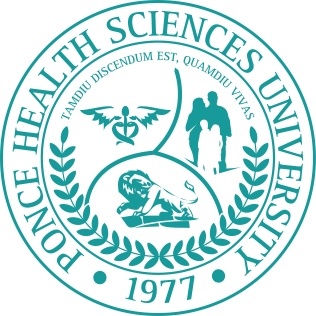Last Updated on April 2, 2025 by Laura Turner
As the CEO and Past President of a medical school with two U.S. campuses, I’ve seen thousands of future doctors endure bumpy rides in year one. I’ve also had up-close and personal experience with the travails of first-year medical students: both of my sons are currently enrolled and have been navigating their adventures with occasional rough patches along the way.
Much useful guidance is available to help students survive their initial year. Unfortunately, a lot of the information feels too general and obvious: there’s little that offers the precision and effectiveness that students urgently need.
Based on my experience as a medical school executive and a concerned dad, here are recommendations you probably haven’t heard before. They’re simple to implement and will deliver significant benefits to help you meet and overcome your first-year challenges:
1. Take a vacation.
Giving your brain and body a rest is essential before you leap into the intensity of medical school. Claiming that time for yourself is a must because your next two years will be significantly busier, more demanding, and more concentrated than anything you’ve experienced in your academic journey.
Go somewhere calm, quiet, and beautiful. If the place you visit offers instruction in meditation, deep breathing, or progressive muscle relaxation, take advantage of it. You’ll need these memories and this new knowledge to maintain your concentration, calm, and wellness in year one (and beyond).
Your pre-year one holiday will be one of the few times that you’ll have in your medical training for such a necessary escape.
2. Get the syllabus.
While professors won’t provide syllabi before the beginning of classes, you can get your hands on them from previous students – so make some contacts via Slack or your school’s messaging app of choice.
Don’t go nuts trying to absorb the entire semester’s coursework; hone in on one to three weeks of curriculum, especially in anatomy and biochemistry.
This slow, sensible, and strategic prep will help you better understand and absorb your classwork and familiarize you with what’s being presented.
Transitioning to Medical School
Medical school isn’t just the next step in your education—it’s an entirely different climb requiring new strategies and support systems. Navigate this transformative journey with our guides covering moving logistics to mental health.
3. Check the numbers.
Before you begin packing your stuff prior to arriving on campus, check and then double check with your school’s business office that your financial aid is accurate, complete, and in order.
The last thing you’ll want to worry about – especially during your first week of classes – is whether your bills are paid, your room and meal plan are lined up, and any additional fees (student fee, digital fee, books, etc.) are covered.
4. Make small connections.
One of the first things you’ll do before your classes begin is join a chat group of your fellow first-year students. While having access to this group is essential, managing it can be challenging: it can contain at least 100 people, and building meaningful bonds through such a crowd can be difficult.
Rather than relying solely on online interactions, seek to find a tiny cluster of students within the group with whom you have things in common. Call them, get to know them, and arrange a get-together. Having these bonds and building these relationships will deliver academic, interpersonal, and sanity-maintaining benefits for all involved.
5. Spend time with your parents and/or close family members.
The 360-degree stresses that you’ll be enduring in your first year will be real and could seem overwhelming. Knowing that mom, dad, and/or whichever family members who are close to you are a phone or Zoom call away will help to tamp down your anxiety/fear/panic.
Hanging out with these loving, supportive, and judgment-free folks before you enter the Thunderdome will be a big comfort. Leaning on, confiding in, and crying to them when things go intense – and yes, they will sometimes get very, very intense – will do wonders for your mental health.
Will my practical recommendations simplify everything for you in your first month, first semester, and first year of med school? No, but I promise that they will make things slightly easier. Specifically, they’ll allow your path to be more focused, less frantic, and more manageable.


